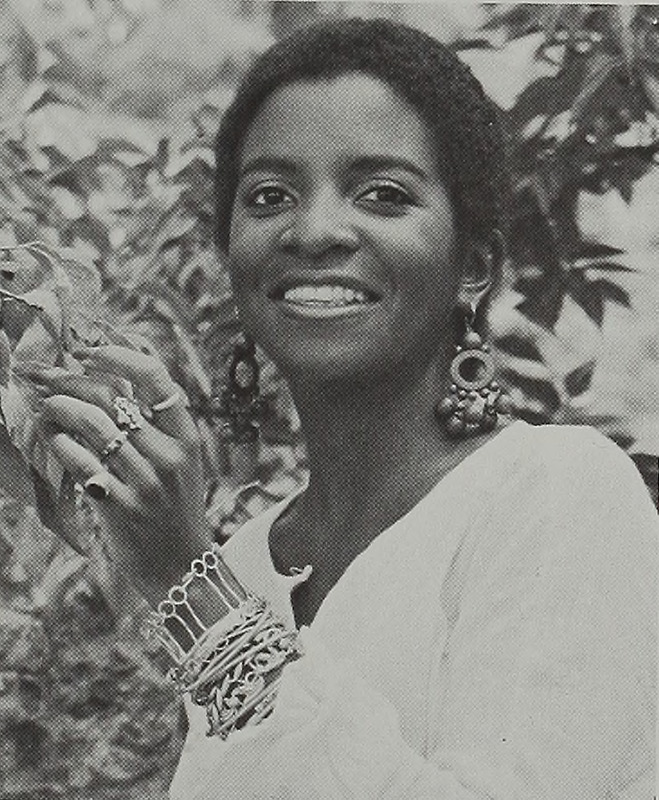Adunni Anderson ‘73
Dr. Adunni Anderson ‘73 was interviewed by Sara Slager ‘23 in summer 2022.
In this clip Dr. Anderson recalls elective options and a course with Professor (later Dean) Elizabeth Rollins.
Tags: Black Studies Program, Communications Program, Education Department, Simmons Curriculum
Adunni Anderson Interview Clip
Transcript
Interviewer: Sara Slager (SS)
Narrator: Dr. Adunni Anderson (AA)
AA: But I was still in the program, so I still accelerated, and as I entered my -- I would say my my junior year, technically junior, but would have been maybe my last year, maybe I needed to take a one course into another you know semester, because I always took more courses. At Simmons, I don't know how it is now, but we, my age group, we used to fill our classes with electives, with art appreciation and art. You know things that twiddle your thumbs women were going to do, you know. And you know the way for women to not become nurses, but to become doctors was not really a part, yet, of my group. We were the group, there wasn't a fully established Communications Department, so we launched that. There wasn't a Black Studies Department. I was a part from the ground up to begin launching that. So we were like the primary source for all that. And so there was a Black professor a Black, she later became Dean. Dean Rollins at Simmons. Who taught in the Education Department. And so I said, “hmm with these electives, I'm not going to take some frilly art classes. I'll take some education classes,” you know, because at the time, like the art classes were considered you know. Um with all due respect, you know, like you want to take some light classes. You finish your major, you want to take some light classes, you don't want to take another major type class. But I wanted to take classes with Elizabeth Rollins. I wanted to have the experience of a Black teacher, because the only Black teachers I had had in my life were my Sunday school teachers. And so I was determined not to leave Simmons without having taken a class with Elizabeth Rollins, and I say to this day if she had been a professor of astrophysics, I probably would be an astrophysicist today. But she was a professor of education. And so I took some education classes. And I loved it because I saw right away the connection between sociology, psychology, human development, and education. Education became that test tube through which to really witness, you know, human development at its best looking at teachers, at parents and students, and so I was smitten.
